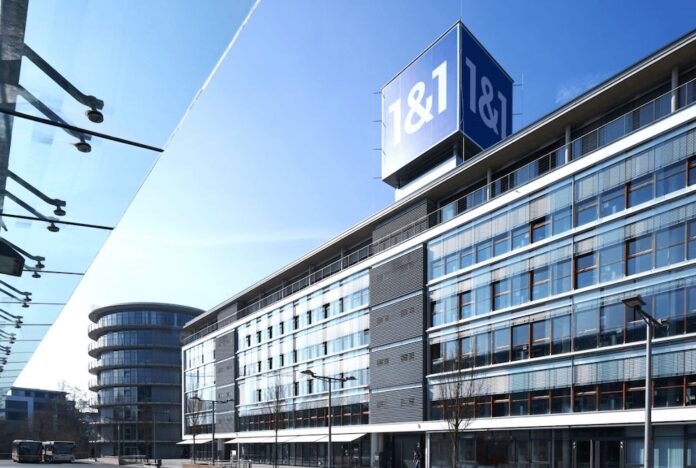1&1 had contracted Vodafone’s Vantage to build most of its initial towers but was claiming it failed to meet its deadlines
Vodafone Germany has signed a national roaming partnership with United Internet’s 1&1 that will allow the operator to finally roll out 5G services.
The two companies were at loggerheads after 1&1 had complained to Germany’s Federal Cartel Office (the Bundeskartellamt) that Vodafone actions had caused “obstacles to the roll-out of its 5G mobile network”. It said the obstacles had prevented it from meeting the roll-out obligations that are part of its licence terms.
1&1 contracted Vantage – Vodafone’s partly spun-off towerco – to build most of its initial tower infrastructure after entering the market as the fourth national network operator with a 5G licence won at the spectrum auction in 2019.
As of June, it should have had 1,000 5G active base stations but at the beginning of May could only demonstrate 20 – it still operates almost entirely as an MVNO. BNetzA began penalty proceedings in April and could fine 1&1 up to €50,000 per missing base station.
Best friends now
The companies stated that the new deal, which could last up to 18 years if extended, would provide 5G coverage to areas not served by 1&1 Mobilfunk’s own network and would also include access to 2G, 4G and future mobile technologies.
1&1 said it will pay a fixed price per percentage point of how much its subscribers use on Vodafone’s network – indexed to Vodafone’s network costs. All customers on the 1&1 network with 4G mobile tariffs will initially be supplied with nationwide national roaming services by current supplier Telefónica Deutschland until the national roaming supply by Vodafone is available.
From then on, 5G mobile tariffs can be offered nationwide on the 1&1 network. In the transition period until the provision of 5G national roaming by Vodafone, 1&1 will provide its customers mobile 5G services within the framework of the previous MVNO-model using both Vodafone and Telefónica – at least until 31 December if approved by the regulator.
Once all 1&1 customers have been activated for national roaming services by Vodafone, 1&1 Mobilfunk will exclusively draw national roaming services from Vodafone during the contract term.
The news was good news for Vodafone which has been performing poorly in Germany and announced 900 job cuts in March, over 6% of its total workforce in its biggest European market.
Telefónica’s brave face
1&1’s current supplier Telefónica Deutschland was quick to steady investors reminding the market that 1&1 has contractual obligations towards it under the existing MBA MVNO/4G national roaming agreement until 30 June 2025 – securing revenue for now.
In a statement Telefónica Deutschland said it can use freed network capacities for its own customers as well as customers in partner businesses. “Against this background, Telefónica Deutschland confirms the outlook for the 2023 financial year with revenue and OIBDA growth in the upper forecast range of growth in the low single-digit percentage range and the promised minimum dividend for the 2023 financial year of EURc 18 per share.”
United Internet lands positive results
United Internet reported a successful first half of 2023 with positive growth and outlook. The company saw an increase of 490,000 fee-based customer contracts, reaching a total of 27.95m contracts. This growth was primarily driven by additions in its Consumer Access and Business Applications segments.
The company achieved a 4.4% growth in sales, amounting to €3.03bn in the first half of 2023. Despite facing challenges, like the increased start-up costs for 1&1’s mobile network rollout, the telco managed to achieve a 1.9% rise in EBITDA, excluding special items, reaching €670.1m.
However, earnings in both the first half of 2022 and 2023 were impacted by special items, including non-cash valuation effects from derivatives and IPO costs of IONOS Group SE.
Looking ahead, United Internet said can confirm its 2023 guidance. The company expects consolidated sales to grow to approximately €6.2bn, representing an increase from the previous year. Additionally, it anticipates EBITDA to remain on par with the previous year, including startup costs for the rollout of 1&1’s mobile network. Capex is also expected to increase, mainly due to investments in expanding its fibre-optic network to connects its 5G antennas, as well as to provide coverage in additional expansion areas.


